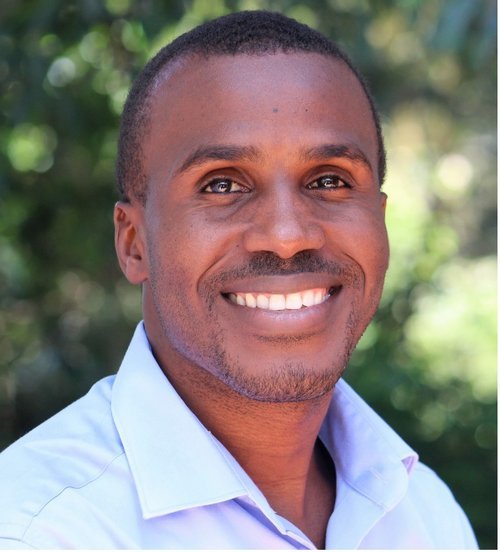Emerging market and developing economies account for over 95% of the increase in global greenhouse gas emissions. Given that many emerging economies are not heavily invested in outdated, fossil fuel-based energy systems, they have more flexibility to adopt new and innovative technologies jumping straight to a more sustainable, low-carbon energy system. However, in contrast to developed nations, emerging economies face distinct systemic challenges that can prevent the rapid scale-up of renewables and decentralized solutions. Is it possible for emerging economies to leapfrog along the energy transition while expanding energy access to unelectrified regions and ensuring sustainable development and growth? Would leapfrogging entail an inclusive and prosperous future for all? Join this panel to learn from experts as they weigh in on this matter!
Murefu Barasa is a Energy for Growth Hub Fellow and the founder and managing partner of EED Advisory Limited, a Panafrican consulting firm offering technical, analytical and advisory services in energy, water and climate change. He has led several multi-dimensional studies on energy and energy access across several countries in Africa including the World Bank Multi-Tier Energy Access surveys in Kenya and Burundi. He also manages the Real-time Electricity Supply and Quality Tracker (RES-Q) initiative which monitors the quality of electricity supply across national capitals in Africa. Murefu is the co-author of the recent paper “Wind and Solar in Africa need grids to match” published in the Electricity Journal. Murefu holds a BSc in Environmental Studies from Kenyatta University and a Masters in Environmental Science from Yale University. He is a Compton fellow and an Education for Sustainable Energy Development (ESED) scholar.
Sandra Chavez is a Manager in the Partnerships team of Breakthrough Energy. She has over a decade of experience in innovative energy technologies, decarbonization and international development. Prior to joining Breakthrough Energy, Sandra was the Director of Partnerships at Powerhouse, an energy innovation firm focused in clean energy, mobility, and climate. She has also worked in building and operationalizing the Energy Storage Partnership (ESP) with the World Bank’s Energy Management Assistance Program and the Global Geothermal Alliance (GGA) with the International Renewable Energy Agency. Sandra has certifications in Power Sector Regulation, Climate and Renewable Energy Finance and Disruptive Strategy.
Dr. Daniel M. Kammen is a Professor of Energy at the University of California, Berkeley, with parallel appointments in the Energy and Resources Group, the Goldman School of Public Policy where he directs the Center for Environmental Policy, and the department of Nuclear Engineering. He is the founding director of the Renewable and Appropriate Energy Laboratory, and was Director of the Transportation Sustainability Research Center from 2007 – 2015. He was appointed by then Secretary of State Hillary Clinton in April 2010 as the first energy fellow of the Environment and Climate Partnership for the Americas (ECPA) initiative. Dr. Kammen has served as a contributing or coordinating lead author on various reports of the Intergovernmental Panel on Climate Change since 1999. The IPCC shared the 2007 Nobel Peace Prize.
Eshrat Waris is a Principal at SOLshare, a leading climate-tech company located in the heart of Bangladesh, that has created the world's first peer-to-peer energy exchange network. She is a business strategist with diverse sector experience. Her work centers on building resilience through social impact focused products. At SOLshare, Eshrat structured the regulatory sandbox to interconnect their peer-to-peer solar microgrid with the national grid. Prior to Solshare, she led the technology change management at BRAC's Skills Development Programme. Before BRAC, Eshrat worked on social protection, urban, and governance issues at the World Bank headquarters. Her focus on sustainability and affordability is driven by both her work and educational experience. She pursued her higher and graduate education at the United World College in Wales, Warwick University, and the School of Advanced International Studies of Johns Hopkins University. She is also a MIT Sloan Fellow.




